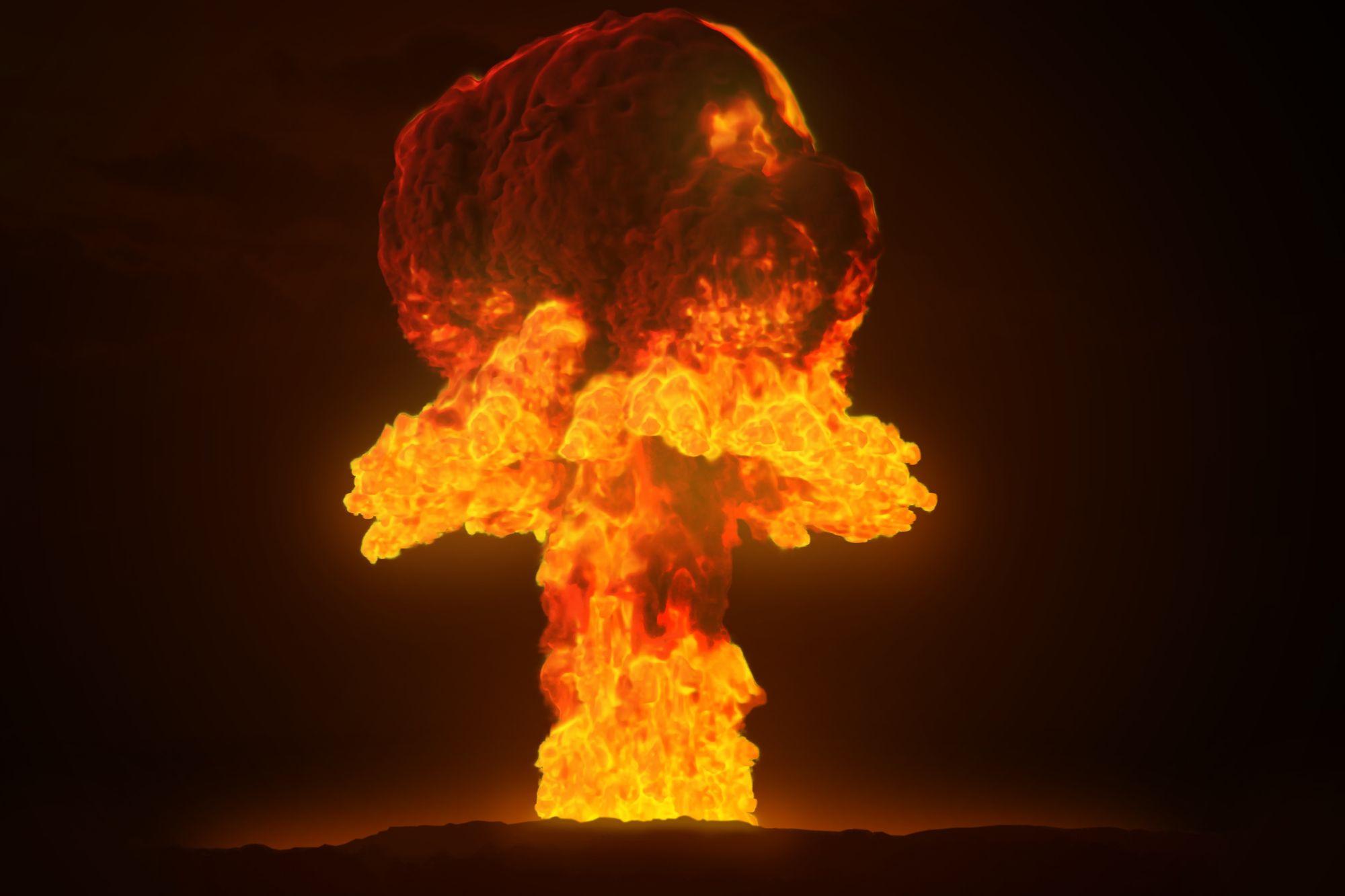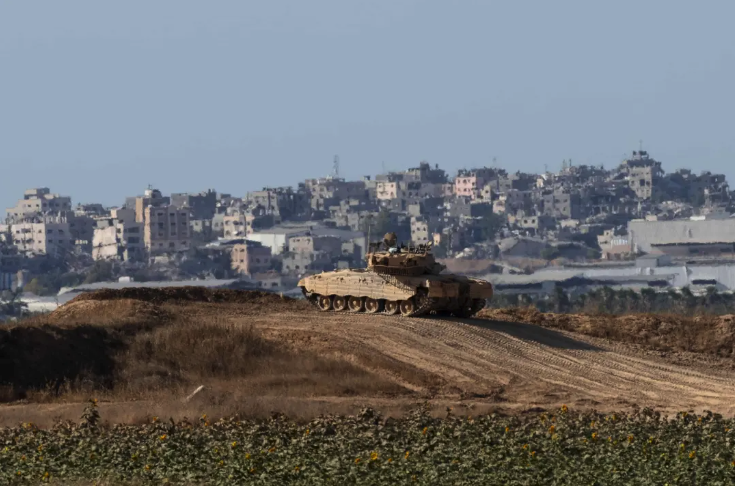Report: Nuclear War Could Spark Global Famine
A study published in the journal Nature Food on Mon. indicates that all-out nuclear war could spark worldwide famine, potentially putting 5B - 75% of the global population - "on the brink of death" and more than 99% in much of Europe, Russia and China.

Facts
- A study published in the journal Nature Food on Mon. indicates that all-out nuclear war could spark worldwide famine, potentially putting 5B - 75% of the global population - "on the brink of death" and more than 99% in much of Europe, Russia and China.
- This comes as some geopolitical experts assess the conflict between Russia and Ukraine as among the three "most worrisome" moments in history related to the threat of nuclear war, behind only the 1962 Cuban Missile Crisis and the 1983 "Able Archer" incident between the USSR and NATO.
- One indirect consequence of nuclear weapons is the sun-blocking black carbon smoke that enters the atmosphere from firestorms ignited by their detonation. The authors determined that global average temperatures could drop between 1° and 16°C for up to a decade under six potential war scenarios, and by 35°C in places.
- Depending on how much smoke enters the stratosphere, global food production could drop nearly 7% within five years in a limited nuclear war, and up to 90% within three to four years in a full-scale war between Russia and the US.
- Estimates suggest that within two years, a regional conflict between India and Pakistan could lead to 2.5B famine deaths, while in a war between Russia and the US as many as 5B people could starve to death.
- The study considered only the impacts of a nuclear winter provoked by soot entering the atmosphere and it was based on calories, which aren't the only nutritional needs of human beings. Other aspects such as possible destruction of the ozone layer, radioactive contamination, and protein intake weren't analyzed.
Sources: Nature, Science, Bloomberg, USA Today, and Forbes.
Narratives
- Narrative A, as provided by The Telegraph. The risks of a nuclear war are at an all-time high as the war in Ukraine rages on, tensions mount between the West and China, and both Iran and North Korea are developing their nuclear capabilities. More must be done to raise awareness, and NATO must work hand-in-hand with China and Russia to prevent a nuclear armageddon - the consequences for our planet and humanity would be catastrophic.
- Narrative B, as provided by LessWrong. It is unlikely that a full-scale nuclear war would lead to all-out human extinction, and some of the metrics used are likely overstated. Humanity is in a decidedly safer nuclear space than during the depths of the Cold War. Our species should work to be resilient to many different types of threats, not just unlikely nuclear annihilation.






